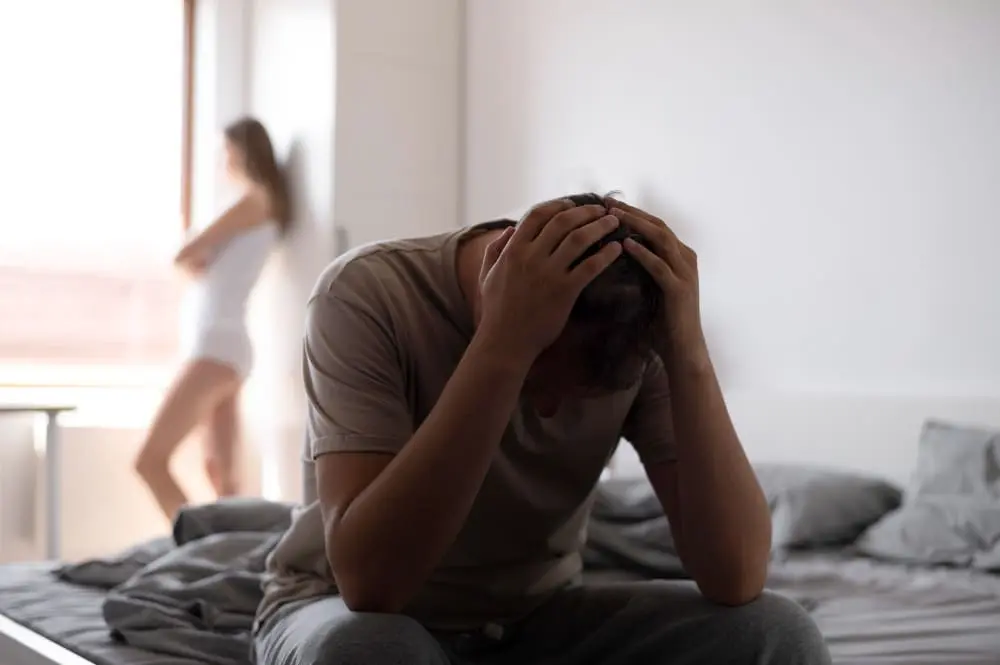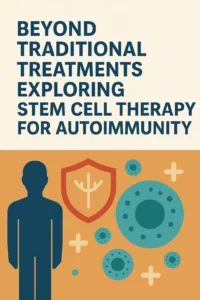Erectile dysfunction (ED) is a topic that many men hesitate to discuss. Unfortunately, this silence allows countless erectile dysfunction myths to spread, making the condition even more misunderstood. At its core, erectile dysfunction is a common issue, with many effective treatments available to help men regain confidence and improve their sexual health. In this article, we’ll debunk some of the most common ED myths, share tips on how to talk to your partner about it, and explore practical treatment options.
1. Myth: Erectile Dysfunction Only Affects Older Men
One of the most pervasive erectile dysfunction myths is that it’s an issue only for older men. While it’s true that the likelihood of experiencing ED increases with age, younger men can also face this problem. In fact, research shows that ED affects men in their 30s and 40s as well.
Reality Check: Erectile dysfunction is linked to various causes, including stress, anxiety, lifestyle choices, and underlying health issues. Young men often experience ED due to psychological factors or unhealthy habits like smoking and excessive drinking. Addressing these root causes through lifestyle changes can significantly improve ED symptoms.
2. Myth: ED is Always a Physical Problem
Another common myth surrounding erectile dysfunction is that it’s always caused by physical health issues. Many assume that ED is simply a symptom of aging or a sign of a more serious physical condition.
Reality Check: While physical causes like diabetes, heart disease, or high blood pressure are contributors, erectile dysfunction can also stem from emotional or psychological factors. Stress, depression, and anxiety can have just as much of an impact on sexual health. In these cases, counseling or therapy focused on mental health may be more effective than medication alone.
3. Myth: Erectile Dysfunction Means You’re Not Attracted to Your Partner
This myth can cause significant strain in relationships, leading partners to feel rejected or insecure. Many believe that if a man experiences erectile dysfunction, it must mean he’s no longer attracted to his partner.
Reality Check: ED is rarely about a lack of attraction. Erectile dysfunction can be triggered by stress, performance anxiety, or health issues unrelated to physical attraction. Honest and open communication with your partner is essential to avoid misunderstandings. Addressing the issue together can strengthen the relationship, improve sexual health, and reduce anxiety in the bedroom.
4. Myth: Medications are the Only Solution for ED
When most people think of erectile dysfunction treatment, they immediately think of medications like Viagra or Cialis. While these can be helpful for some men, they’re not the only solution.
Reality Check: There are several erectile dysfunction treatment options available, including counseling, lifestyle changes, and physical therapies. In many cases, ED can be improved by adopting healthier habits such as exercising regularly, maintaining a balanced diet, and reducing alcohol consumption. Additionally, couples therapy can help address relationship dynamics that may be contributing to ED.
Medications should be used when other approaches aren’t effective or when recommended by a healthcare professional. Each treatment plan should be tailored to the individual’s needs and underlying causes of the condition.
5. Myth: Once You Have ED, It’s Permanent
The idea that erectile dysfunction is a life sentence is another myth that causes unnecessary stress and hopelessness. Many men fear that once they experience ED, there’s no way to reverse it.
Reality Check: Erectile dysfunction is treatable, and for many men, it’s a temporary issue. By addressing the underlying physical or psychological causes, men can often regain normal erectile function. Even in cases where ED is caused by a chronic condition like diabetes, there are many ways to manage and improve symptoms. Whether through medications, lifestyle changes, or counseling, most men can see significant improvements with the right treatment approach.
How to Talk to Your Partner About Erectile Dysfunction
One of the hardest parts of dealing with erectile dysfunction is talking to your partner. Here are some tips to help you have a constructive and supportive conversation:
- Choose the Right Time: Avoid bringing up ED during a moment of frustration or embarrassment. Choose a calm, relaxed time to have the discussion.
- Be Honest and Open: Share your feelings and experiences openly. Let your partner know that your struggles with ED are not a reflection of your attraction or love for them.
- Involve Your Partner in the Treatment Plan: Many men feel alone in their battle with ED, but involving your partner in finding a solution can strengthen your relationship and lead to better outcomes.
- Seek Professional Help Together: If talking about ED is difficult or if it’s causing tension in your relationship, consider seeing a counselor or sex therapist together. Professionals can provide guidance and techniques to improve communication and intimacy.
Treatment Options for Erectile Dysfunction
While medications like Viagra and Cialis are well-known options, there are numerous other erectile dysfunction treatment methods that can be effective:
- Lifestyle Changes: Adopting a healthier lifestyle is one of the most impactful ways to manage ED. Quitting smoking, exercising regularly, and eating a balanced diet can improve circulation and overall men’s health.
- Counseling or Therapy: Psychological factors such as anxiety, depression, or relationship issues can significantly contribute to ED. Cognitive-behavioral therapy or couples counseling can help resolve these issues.
- Medications: For those with physical causes of ED, medications like phosphodiesterase inhibitors can provide a reliable solution. However, they should be used under a doctor’s supervision, especially if you have other health conditions.
- Devices: Vacuum erection devices (VEDs) can help men achieve an erection by drawing blood into the penis. These devices are non-invasive and can be effective for men who want an alternative to medication.
- Surgical Options: In severe cases, surgical procedures like penile implants may be recommended. This option is typically reserved for men who don’t respond to other treatments.
Living a Healthy Lifestyle to Improve ED
A healthy lifestyle plays a crucial role in improving erectile dysfunction. Here are some lifestyle changes that can benefit your sexual health:
- Exercise Regularly: Physical activity improves blood flow, boosts testosterone levels, and reduces stress all of which can help with ED.
- Eat a Balanced Diet: A diet rich in fruits, vegetables, whole grains, and lean proteins can improve heart health and circulation, which are vital for sexual function.
- Maintain a Healthy Weight: Obesity is a major risk factor for erectile dysfunction. Losing excess weight can help reduce ED symptoms and improve overall health.
- Limit Alcohol and Quit Smoking: Both excessive alcohol consumption and smoking can negatively affect circulation and lead to erectile dysfunction. Reducing these habits can lead to improvements in sexual performance.
Conclusion
Erectile dysfunction myths can create unnecessary stress and confusion, but understanding the facts is the first step toward finding solutions. Whether ED is caused by physical, emotional, or lifestyle factors, there are many effective erectile dysfunction treatment options available. By living a healthy lifestyle, communicating openly with your partner, and seeking professional help, you can overcome ED and improve your sexual health, relationships, and overall well-being.





